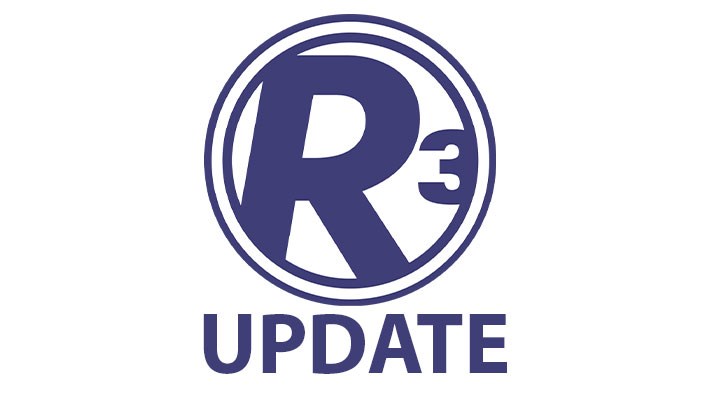
by Chris Chaffin - Friday, June 26, 2020

The Council to Advance Hunting and the Shooting Sports (CAHSS) announced that the 2020 National R3 (Recruitment, Retention and Reactivation) Symposium set for Aug. 26-27 has been rescheduled for May 4-6, 2021. The event will remain in Broken Arrow, Okla., at the Stoney Creek Hotel and Conference Center. To keep momentum moving forward in promoting R3 efforts to promote the future of hunting and the shooting sports, the 2020 event now will be a Virtual R3 Forum. Fittingly, one of the topics discussed will be the need to adapt to the demands of COVID-19.
Both changes were made by the CAHSS Board and partners to “ensure the event remains a rich and fulfilling event while ensuring the safety and welfare of the participants.” Details of the 2021 National R3 Symposium and the Virtual R3 Forum in August will be available in the coming weeks. In the meantime, contact [email protected] or visit the CAHSS website for more information.
For background, the inaugural National R3 Symposium in 2018 pulled together representatives of state fish and wildlife agencies, industry leaders, non-government organizations (NGOs), R3 professionals and others in the conservation and outdoor recreation-based community. As attendees pooled their resources to increase participation in outdoor recreation and other wildlife-related activities, much headway was made in understanding the current status of R3 efforts, identifying current R3 challenges and strengthening R3 partnerships.
According to CAHSS President and CEO John Frampton, “R3 is quickly becoming a national movement. Since the first symposium when the National Action Plan was adopted, more than 40 states have created full- or part-time professional R3 positions within their agencies. These agencies, NGOs and other organizations are strongly embracing R3, with some states mandating R3 goals and considerations be an integral, built-in part of every program agency-wide.”
He further observed, “We have learned so much since the first symposium and now have an effective network through which we distribute the knowledge we’ve gained and the tools we’ve developed to implement the Action Plan.”
In addition, Frampton indicated that the establishment of the Council’s Implementation Work Group (IWG), which he says consists of 35 of the best R3 experts working today, has been especially successful and has made important inroads in developing marketing and mentoring tools to help carry the action plan forward. He even noted that R3 would soon be integrated into some college classrooms.
With postponement of the in-person symposium deemed necessary amid ongoing COVID-19 concerns, the CAHSS Board recognized the importance of conducting a virtual forum in the meantime. The August forum will keep current findings, lessons learned and progressive ideas active among R3 supporters and professionals.
Noting the significant growth in R3 over the past year alone, Frampton indicated the 2021 symposium will include much more than presentations. “There will be significant engagement among all attendees, with breakout sessions and a variety of working topics,” he shared. In addition to the workshops being much more focused, attendees will have ample time to share success stories on programs that are working for the good of the group.
Frampton says CAHSS is designing the next symposium to be a catalyst to get more people involved in R3 programs. “We are going to show that things are changing, the decline in hunter numbers has slowed down and, in some places, even increased,” he said. “We’re going to clearly demonstrate there are things we can do to change the direction on license sales and hunter numbers and refine ways of making it easier to hunt and implement programs that make a difference.”
As noted in previous NRA Hunters’ Leadership Forum articles, recent changes in the guidelines governing Pittman-Robertson (P-R) funds have made more P-R dollars and matching funds available for R3 programs, enabling increased efforts and program expansion. All of this goes far in helping to paint a positive picture for the future of America’s hunters and shooters.
E-mail your comments/questions about this site to:
[email protected]
Proudly supported by The NRA Foundation and Friends of NRA fundraising.
